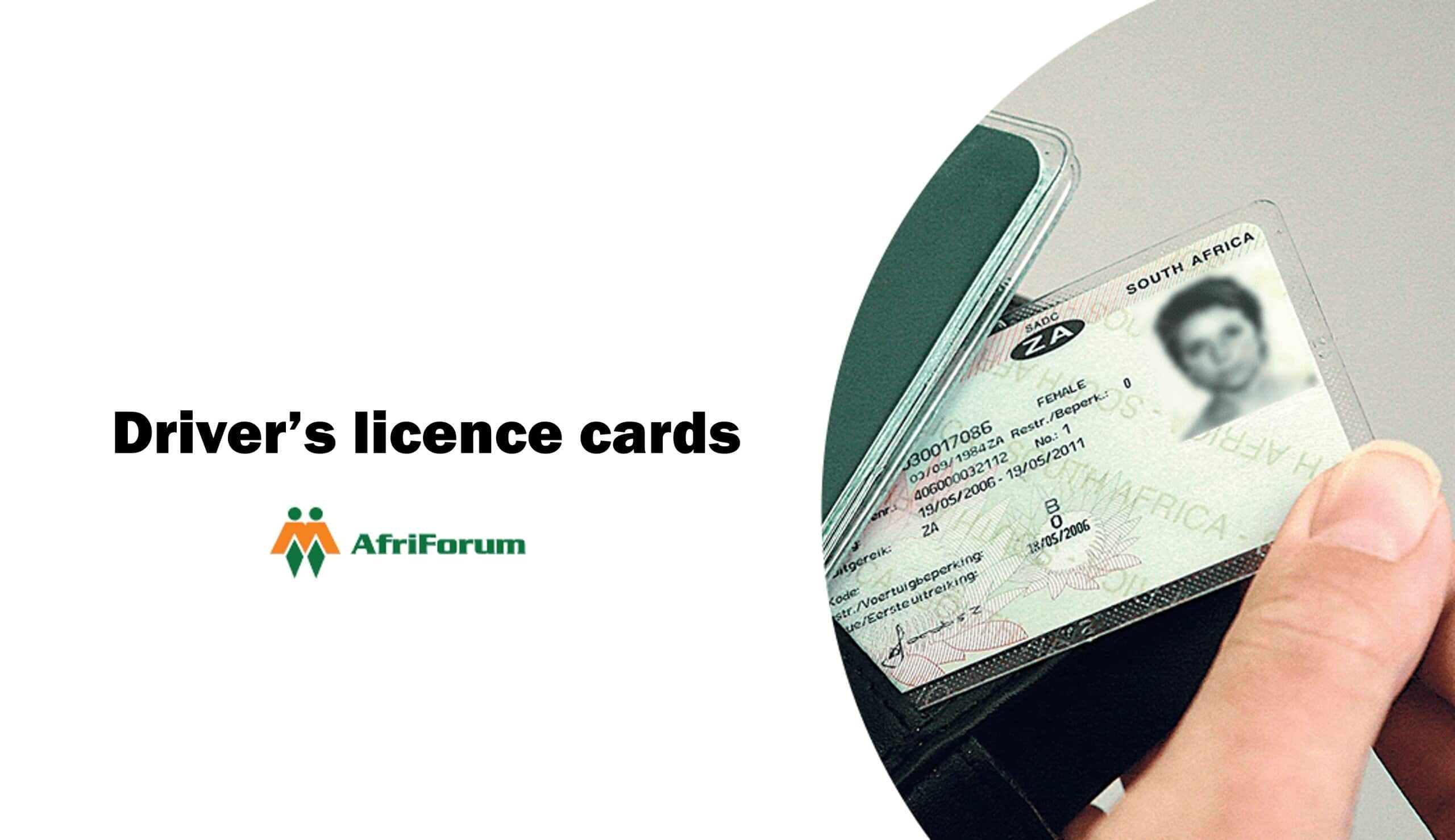AfriForum to Schreiber: “What does agreement with Government Printing Works look like?”
AfriForum today sent a letter to the Minister of Home Affairs, Leon Schreiber, to enquire about a memorandum of understanding that was apparently already entered into by July this year between the Department of Transport and the Government Printing Works, and according to which the Government Printing Works is put on standby to assist, if necessary, with the printing of driver’s licence cards. AfriForum now wants to know from Schreiber whether this agreement was indeed entered into, what the content of the agreement is and whether the Government Printing Works has the necessary printer to print the cards.
During her department’s budget speech on 2 July, Transport Minister Barbara Creecy stated that her department is “hard at work to clear out the printing backlog of licence cards”. She also stated that a memorandum of understanding has been entered into with the Government Printing Works as a “backup solution”, and that “we [the department] expect that within three months, this backup solution will be able to print driver’s licence cards”.
By mid-May this year, the backlog in printing of licence cards had reached more than 730 000 after the country’s only licence card printer had been out of service for approximately 90 days since 1 January this year. Three months later, by August of this year, the backlog still stood at more than 500 000.
AfriForum had previously also addressed its enquiry regarding the memorandum of understanding to the Government Printing Works but was referred back to the Department of Transport. This enquiry remained unanswered.
According to Louis Boshoff, Campaign Officer at AfriForum, there is no reason for the apparent secrecy surrounding the agreement.
He further emphasises that the government cannot continue to make the renewal of driver’s licences mandatory if they do not also make it possible to comply with the obligation. “History teaches us that civil non-compliance occurs when unreasonable obligations are imposed by the government. Just look at what happened with e-tolls and TV licences,” he concludes.











